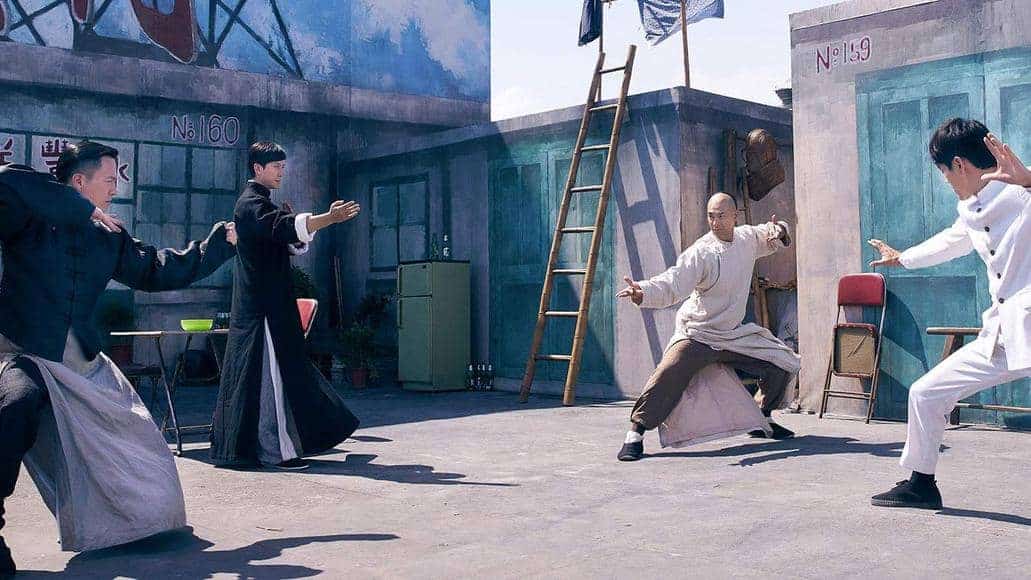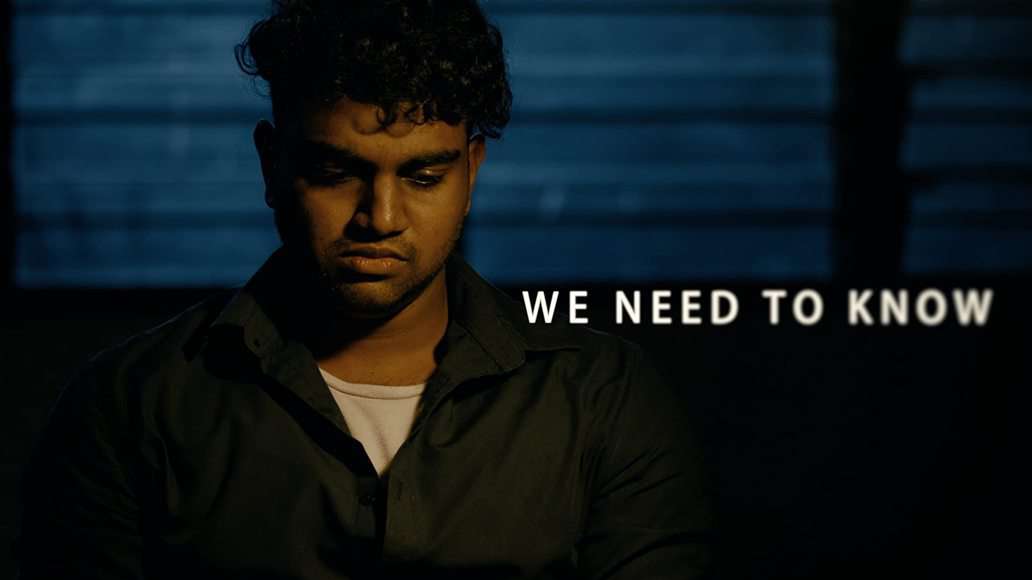When on 16 April 2014, the MV Sewol ferry from Incheon towards Jeju in South Korea sank it shocked the nation. The disaster cost the lives of 304 passengers, most notably around 250 students from the same school on a trip. “Yellow Ribbon” is the latest in a number of films dealing with the Sewol ferry disaster. However, where previous films mostly focus on the disaster itself, its immediate aftermath and the cause of the ferry sinking, “Yellow Ribbon” takes another approach. Like in Ju Hyun-sook's previous films it highlights social and political problems.
“Yellow Ribbon“ is screening at
Cinemasia Film Festival

Ju Hyun-sook interviewed five Koreans with diverse backgrounds that were only indirectly involved with the disaster. There is a teacher, a student, a coffee shop owner, a fisherman and a human rights worker. Of course, they talk about how they experienced the disaster, but most of their stories focus on what happened afterwards. The combined testimonies sketch an image of effects the accident had on in Korean society and the impact that still lingers on five years later.

The title of this documentary refers to the Yellow Ribbon movement and the buildup of the stories reflects the meaning this ribbon had in Korean society at different points in time. It was launched on the day of the disaster as a symbol of hope for the safe return of the passengers. When it became clear that there were no more survivors, it turned into a symbol of mourning and remembrance and it was omnipresent during commemorative services and candlelight vigils. Sparked by suspicions that the tragedy could have been avoided had the government been less irresponsible and corrupt, these gatherings turned into protests against the South Korean government. As a result, the yellow ribbon became a political symbol for activism and democratization.
The testimonies of the five interviewees form the core of the film, but it offers more than just talking heads. Ju Hyun-sook combines the testimonies with footage of the commemorative services and protests. To sketch the context of the disaster, she mostly uses radio news bulletins. These more informative scenes together with more metaphoric shots conjure up the feelings and emotions of those involved without showing shocking images. One of the moving examples of the metaphors used is that of a schoolyard with students playing and then, one by one, they move off screen until the viewer is left with the lingering image of an empty space. Another example is a scene showing an empty passenger terminal for the ferry to Jeju. Also, we see footage of the salvaging and dismantling of the Sewol ferry. These images are shown without dialogue or explanation and they offer room for contemplation. It is implied, but not stated explicitly, that at least some of these are shot by a sixth contributor, an older man seen filming throughout the documentary. He doesn't speak and is only introduced by zooming in on a student ID with a yellow ribbon, suggesting he was a family member of one of the deceased students.

Next to these, Ju Hyun-sook uses informative text slides that offer a psychological approach to trauma and recovery and, on top of that, add some structure to the film. However, these slides imply that we would need a scientific and theoretical explanation to understand the impact of the events on those involved. And, as such, this undermines the feelings evoked by the testimonies and the visual impressions.
Another minor criticism is that in the end, “Yellow Ribbon” tells a one-sided story as all testimonies deal with the same ideas and although, for instance, it is mentioned that the yellow ribbon became a topic of contention due to its political charge, we don't hear from people who oppose the yellow ribbon movement. However, the aim of “Yellow Ribbon” clearly is to tell the world about the emotional impact of the Sewol ferry disaster on the South Korean
“Yellow Ribbon” is a touching documentary that brings the hardships of those involved across to a worldwide audience. As such, it contributes to the healing process of the South Korean Nation after the Sewol ferry disaster and at the same time, offers a lasting memorial for those that died.















